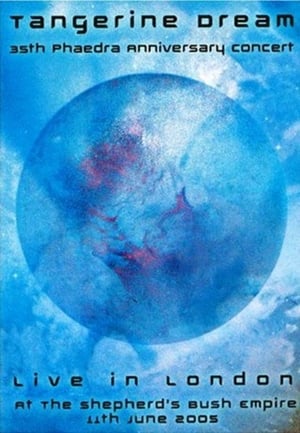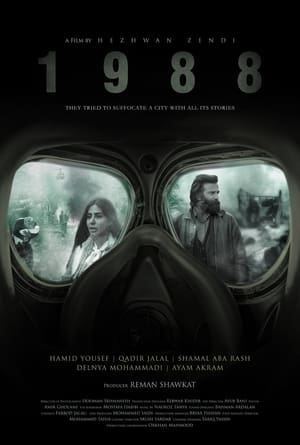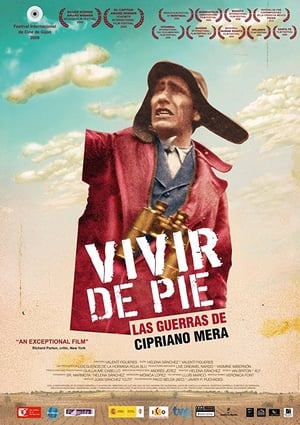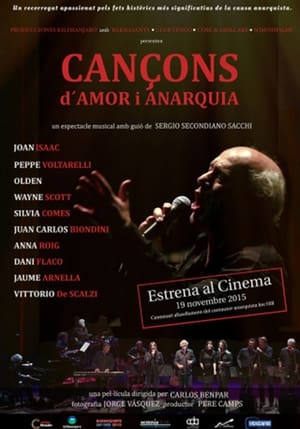

Casas Viejas: el grito del sur(1997)
Movie: Casas Viejas: el grito del sur

Casas Viejas: el grito del sur
HomePage
Overview
Release Date
1997-10-01
Average
8.2
Rating:
4.1 startsTagline
Genres
Languages:
EspañolKeywords
Recommendations Movies
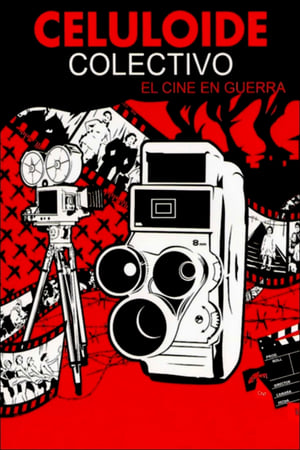 7.5
7.5Celuloide colectivo: el cine en guerra(es)
July, 1936. The terrible Spanish Civil War begins. When the streets are taken by the working class, the social revolution begins as well. The public shows are socialized, a model of production and exhibition of films, never seen before in the history of cinema, is created, where the workers are the owners and managers of the industry, through the unions.
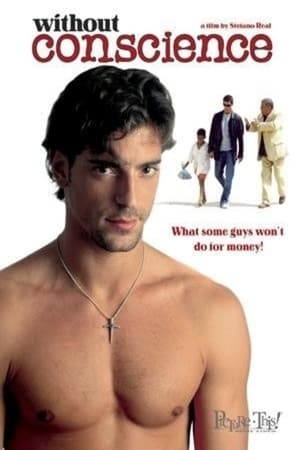 4.0
4.0Without Conscience(it)
Reclusive middle-aged male nurse Mauro may be in over his head when -- to save his hospital job -- he agrees to accompany 10-year-old illegal immigrant Eddi to meet his adoptive parents at the Swiss border. Along for the ride is a laconic small-time mobster named Rollo, and problems soon ensue in the form of car trouble, a Bulgarian hooker and her pimps.
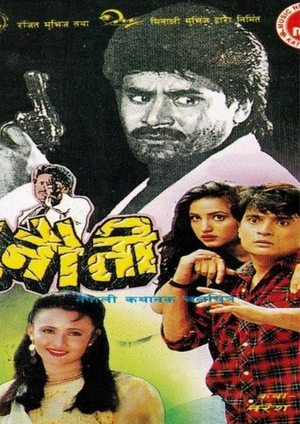 9.4
9.4Chunauti(ne)
Chunauti is an action-packed romantic comedy that tells a story of love, struggle, and justice. Ajaya and his wife Prabha move to Kathmandu, where Ajaya starts working as a teacher. Later, his sister Gita joins them and enrolls in the same college. There, she meets a kind and charming student, but trouble arises when Madhav, a troublesome student, also starts liking her. One day, a fight breaks out in the college, and when Gita tries to stop it, an inspector arrives and brings the situation under control. Angered by this, Madhav and his group cause harm to Prabha and Gita. They also try to escape punishment through legal means. With no strong evidence, Ajaya takes a stand and challenges the court. In the end, he decides to take justice into his own hands, leading to a tragic ending where the inspector, fulfilling his duty, stops Ajaya. Chunauti is a story of love, courage, and sacrifice in the face of injustice.
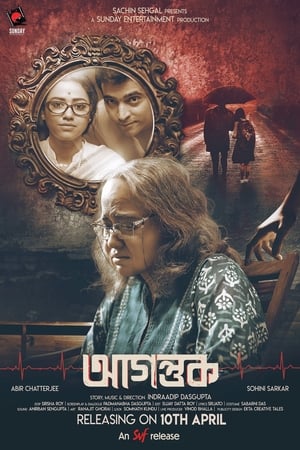 0.0
0.0Agantuk(bn)
An old lady, Shobharani Basu, is found dead in her apartment. A self-appointed private investigator calls it a murder. What could be the cause of her death?
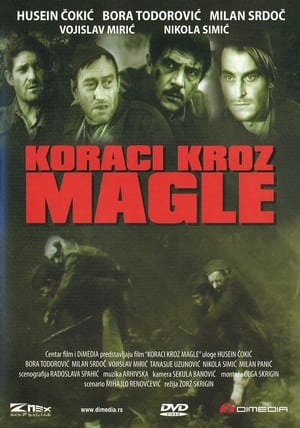 5.0
5.0Steps Through the Mist(sh)
After breaking the enemy's rings, a partisan batch is left only with three wounded and two healthy fighters. Through his binoculars, the German captain Anders monitors the surviving soldiers who are walking through the fog in an effort to reach their brigade. Anders quietly starts a manhunt on wounded while anticipating their physical and mental exhaustion.
 6.0
6.0POWER(en)
In a groundbreaking project developed by MISCELLANEOUS Productions, a group of multi-barriered youth collaborated with a team of professional artists on POWER, an evening of solo performance pieces, ensemble drumming and dance numbers, all of which take a raw, honest look at the things that matter to youth in the community: power, racism, immigration, poverty, violence, sexism, addiction and love, presented at Vancouver’s Rhizome Café. This documentary focuses on four young artists -- Roberto, Natasha, Dakota, and Michael -- showing their struggles and their transformation through performance.
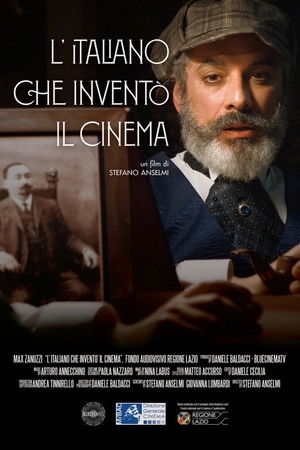 0.0
0.0L'italiano che inventò il cinema(en)
The first gaze. The italian who invented cinema. The story of the incredible and little-known life of the pioneer of Italian cinema, Filoteo Alberini. The reconstruction of the incredible life of the Italian pioneer, Filoteo Alberini, becomes the occasion for a reflection on the birth of Italian cinema and, more generally, on the Seventh Art and its nature as the "magnificent obsession". A journey in the company of an exceptional storyteller, guardian par excellence of cinema's forgotten ones, Georges Méliès, who conducts an investigation of this figure, practically unknown in our present day.
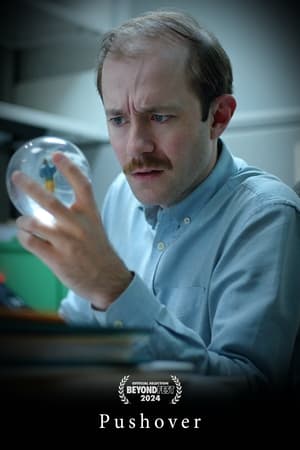 8.3
8.3Pushover(en)
A man's life is upended by increasingly threatening phone calls demanding he leave a review for a paperweight purchased online.
Bad Choice Road(en)
After a conflict with his boss, a newspaper editor dives deep into the festering streets of Manhattan to find a way out of this toxic newspaper game.
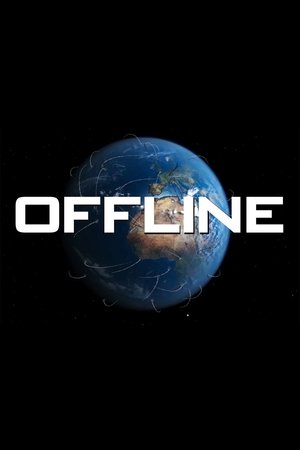 6.0
6.0Offline(en)
Kevin is annoyed that he has to spend his afternoon teaching his Grandma how to use the World Wide Web, so he decides to leave it to herself to learn. However, with only a few instructions left by her Grandson, Grandma accidentally deletes the Internet. While Grandma sits quietly at home with no knowledge of what she has done, chaos and destruction begin to arise as many struggle to come to grips with their current offline status, including an online gamer in France, a pretentious Canadian Internet expert, a high tempered American President trying to find the source of the problem, and many more from around the world.
Banned! In America I(en)
"Banned In America" shows video clips of the darkest elements of human nature, society, and life; the very things that bring fear and disgust into our collective existences. Whether it be live executions, live suicides, or miscellaneous forms of evil, "America" shows us that a sinister world of death lies right outside our door, just waiting for our number to be called.
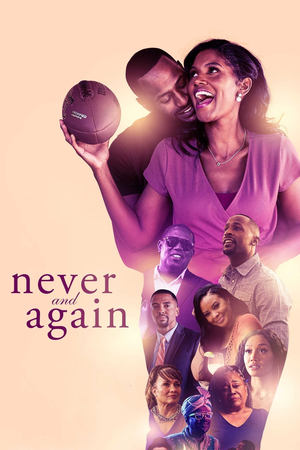 4.7
4.7Never and Again(en)
Kevin and Jasmine, teenagers with equal passion for each other's dreams, fall head over heels in love with each other, but tragedy and one horrible lapse in judgment tear them apart. Many years later, Kevin and Jasmine have to trust one another after their paths cross again. They find out whether or not their first love is strong enough to save them now.
Hold My Hand(en)
Eddie Marston is wealthy and kind, but his affairs are rapidly descending into chaos. Who can help him?
L'amour Bègue(pt)
Tim is 23 years old. He stammers a lot. His friend is a charmer. For Tim, seducing a girl is an ordeal.
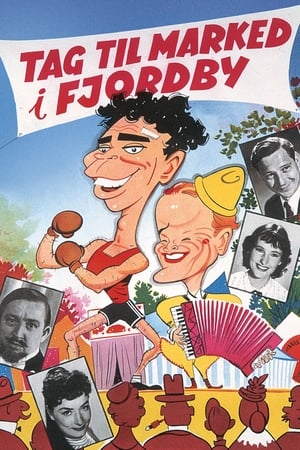 5.4
5.4Tag til marked i Fjordby(da)
Tag til marked i Fjordby is a 1957 Danish comedy film directed by Poul Bang and starring Dirch Passer.
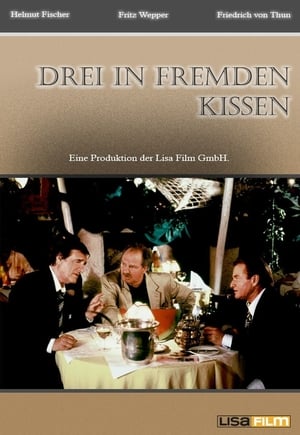 7.0
7.0Drei in fremden Kissen(de)
Once again, the hotel run by brothers Ludwig and Otto König is not fully booked. This changes when Genevieve Büglmeier, a rich sausage and meat manufacturer, turns up at the hotel and wants to book the four-poster room and the entire floor for herself. But the four-poster room has been booked for Otto and Ludwig's sister, Nane. What Nane doesn't realize is that Genevieve has arrived accompanied by Herbert Faltemeier, from whom Nane has just been divorced...
Similar Movies
 6.0
6.0Theory and Practice: Conversations with Noam Chomsky and Howard Zinn(en)
This timely, bold set of one-on-one interviews presents two of the most venerable figures from the American Left—renowned historian Howard Zinn and linguist and philosopher Noam Chomsky—each reflecting upon his own life and political beliefs. At the age of 88, Howard Zinn reflects upon the Civil Rights and anti–Vietnam War movements, political empires, history, art, activism, and his political stance. Setting forth his personal views, Noam Chomsky explains the evolution of his libertarian socialist ideals, his vision for a future postcapitalist society, the Enlightenment, the state and empire, and the future of the planet.
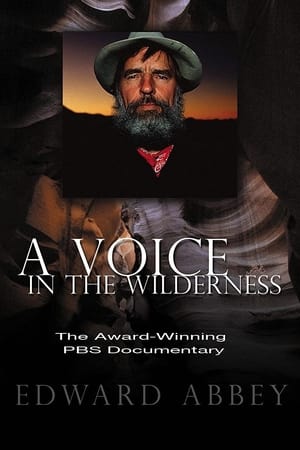 0.0
0.0Edward Abbey: A Voice in the Wilderness(en)
When Edward Abbey died in 1989 at the age of sixty-two, the American West lost one of its most eloquent and passionate advocates. Through his novels, essays, letters and speeches, Edward Abbey consistently voiced the belief that the West was in danger of being developed to death, and that the only solution lay in the preservation of wilderness. Abbey authored twenty-one books in his lifetime, including Desert Solitaire, The Monkey Wrench Gang, The Brave Cowboy, and The Fool's Progress. His comic novel The Monkey Wrench Gang helped inspire a whole generation of environmental activism. A writer in the mold of Twain and Thoreau, Abbey was a larger-than-life figure as big as the West itself.
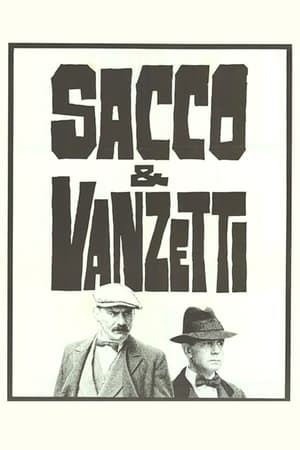 7.6
7.6Sacco & Vanzetti(it)
Boston, 1920. Italian immigrants Nicola Sacco and Bartolomeo Vanzetti are charged and unfairly tried for murder on the basis of their anarchist political beliefs.
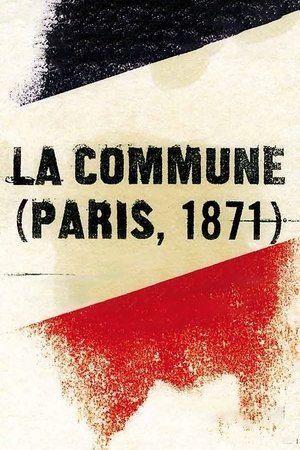 7.7
7.7La Commune (Paris, 1871)(fr)
We are in the year 1871. A journalist for Versailles Television broadcasts a soothing and official view of events while a Commune television is set up to provide the perspectives of the Paris rebels. On a stage-like set, more than 200 actors interpret characters of the Commune, especially the Popincourt neighborhood in the XIth arrondissement. They voice their thoughts and feelings concerning the social and political reforms.
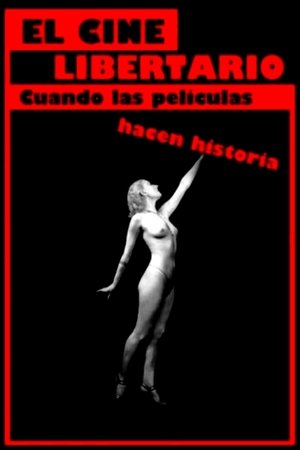 7.3
7.3El cine libertario: cuando las películas hacen historia(es)
Upon the outbreak of the Spanish Civil War in July 1936, the anarchist union CNT socialized the film industry in Spain, so in Madrid and Barcelona film workers took over the production assets and, between 1936 and 1938, numerous films on a wide variety of topics were released, composing a varied mosaic that gives rise to one of the most unusual and original moments of Spanish cinematography.
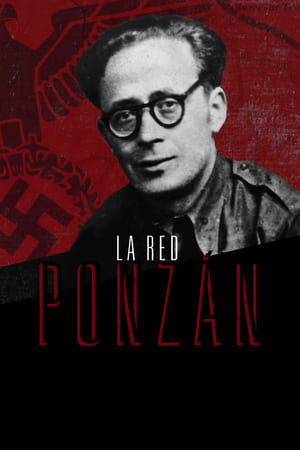 6.0
6.0The Ponzán Network(es)
During the Spanish Civil War (1936-1939) and the Second World War (1939-1945), around three thousand people managed to elude their pursuers, and probably also avoided being killed, thanks to the heroic and very efficient efforts of the Ponzán Team, a brave group of people — mountain guides, forgers, safe house keepers and many others —, led by Francisco Ponzán Vidal, who managed to save their lives, both on one side and the other of the border between Spain and France.
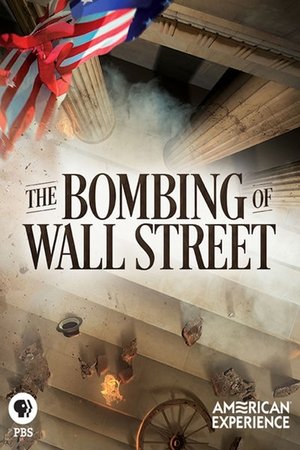 7.5
7.5The Bombing of Wall Street(en)
On September 16, 1920, as hundreds of Wall Street workers headed out for lunch, a horse-drawn cart packed with dynamite exploded in front of Morgan Bank — the world’s most powerful banking institution. The blast turned the nation’s financial center into a bloody war zone and left 38 dead and hundreds more seriously injured. As financial institutions around the country went on high alert, many wondered if this was the strike against American capitalism that radical agitators had threatened for so long.
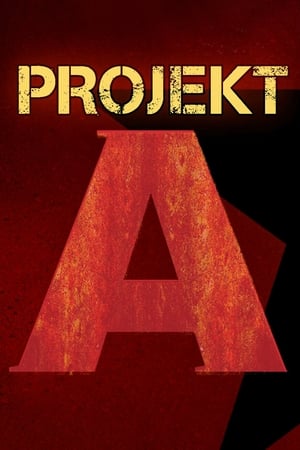 6.5
6.5Projekt A - A Journey to Anarchist Projects in Europe(de)
PROJEKT A is a documentary that resists the common clichés about anarchism to instead show anarchist ideas of a society in which no one shall have the power to control knowledge, natural resources, land, soil or other people. After inspiring over 25,000 German cinema-goers, this award-winning documentary about anarchism and anarchist projects in Europe is now available on VoD! “Projekt A stirs up the audience and is grippingly shot, getting close to the kinds of tenacious people who are so vital to change in our society.” (kinokino) “…a cinematic portrait, not of anarchy, but of anarchists. A story, not of possibilities, necessities or even failure, but a depiction of achievements, initiative, action, ideas, as well as success.” (kino-zeit.de) Audience Award Filmfest Munich
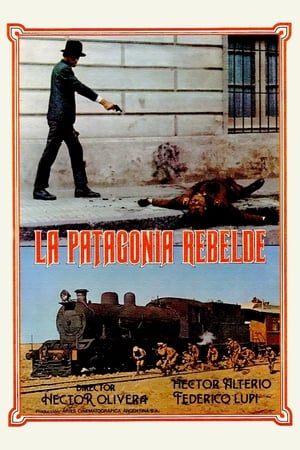 7.5
7.5Rebellion in Patagonia(es)
In 1920, workers from Patagonia, in Southern Argentina, gather around an anarcho-syndicalist society and go on strike, demanding better working conditions. When the situation turns unsustainable, President Yrigoyen sends Lieutenant Colonel Zavala to impose order.
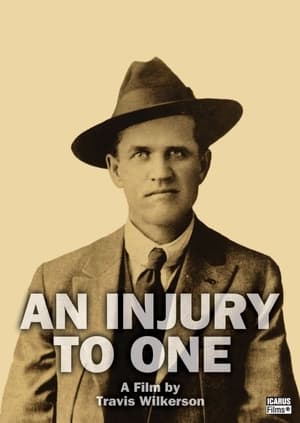 6.5
6.5An Injury to One(en)
An experimental documentary exploring the turn-of-century lynching of union organizer Frank Little in Butte, Montana.
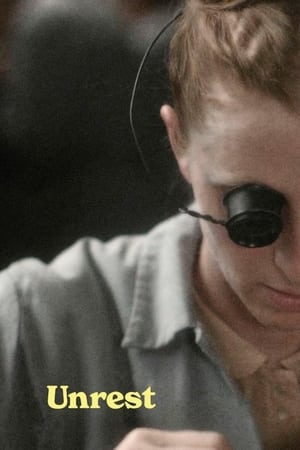 6.6
6.6Unrest(de)
In 1877, in a watch factory in a valley in north-western Switzerland, Josephine produces balance spindles, tiny parts that ensure the agitation movement ("unrueh") of the mechanical watches. She soon grows uneasy with the organisation of work and possession in the village and its factory and joins the anarchist worker movement of the local watchmakers. There she meets Piotr Kropotkin, a moony Russian traveller. The two of them meet at a time when new technologies such as time measurement, photography and the telegraph are transforming the social order and anarchist discourse is addressing emerging nationalism. During a walk in the woods, Josephine and Piotr ask themselves whether time, money and the government are not all but fictions.
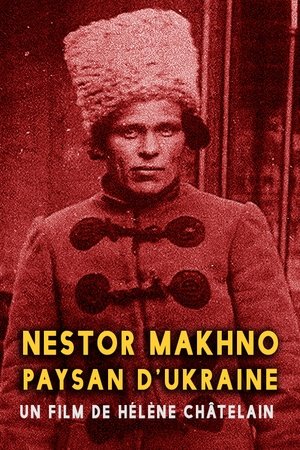 0.0
0.0Nestor Makhno(fr)
With breathless pace, Hélène Chatelain ("the woman" in "La Jetée") reconstructs the life of Nestor Makhno from his writings, Soviet propaganda films, reactions of workers today and the memory he has left in the hearts & minds of his people in Gouliaïpolié, in the east of the Ukraine.
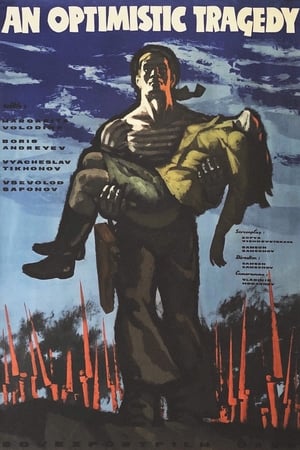 5.0
5.0An Optimistic Tragedy(ru)
1918 year. A woman commissar has been appointed from the Central Committee of the Bolshevik Party to the Russian warship Gromoboi, which is ruled by anarchist sailors. The leader of the ship is the anarchist Vozhak. The Commissioner was instructed to reorganize the naval detachment into the First Sailor Regiment. She faces a difficult task: to win the authority of the sailors and eradicate anarchy. Of the remaining officers on the ship — lieutenant Bering, who served in the tsarist fleet on the battleship "Emperor Paul I". He must become the commander and, together with the sent commissar, lead the regiment to the front in the Black Sea region.
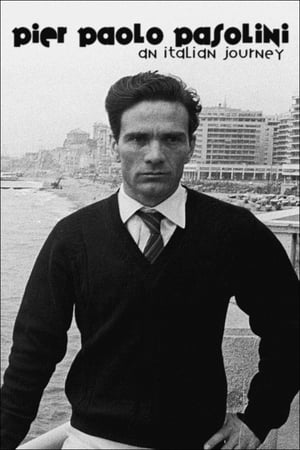 7.0
7.0Pier Paolo Pasolini: An Italian Journey(de)
In the summer of 1959, as a magazine correspondent, writer and filmmaker Pier Paolo Pasolini (1922-75) traveled along the Italian coast. In 1963, he documented the sexual behavior of the Italians. In the winter of 1970-71, he witnessed the hardships of the most impoverished Italian population suffering from the boot of state power. After these three trips, he came to the conclusion that Italian society had changed drastically for the worse over the years.
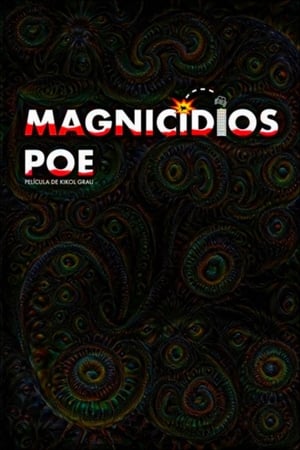 2.0
2.0Magnicidios Poe(es)
The sarcastic account of the assassination of five Spanish politicians between 1870 and 1973 is mixed with the narration of five short stories by Edgar Allan Poe illustrated by five skillful pencil artists. A documentary, a video essay, a collage, a provocative experiment where various pop culture figures and icons perform unexpected cameos. The macabre joke of a jester. Never more.
Dare to Dream: Anarchism in England in History and in Action(en)
Dare to Dream was directed by Marianne Jenkins, a film student from Goldsmiths' College, University of London, in 1990. It looks at the history of anarchism in the UK and beyond, as well as the state of the movement in the tumultuous year the poll tax uprising finally led to the resignation of Thatcher. Among the anarchist heavyweights interviewed are Albert Meltzer, Vernon Richards, Vi Subversa, Philip Sansom, Clifford Harper and Nicholas Walter, as well as a host of lesser known but equally committed dissidents. The film also features the miners strike and class struggle, squatting and social centres such as Bradford's 1in12 club, animal rights and feminism.
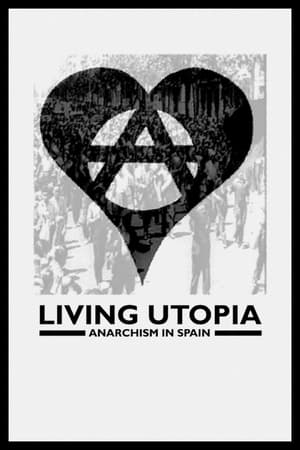 7.7
7.7Living the Utopia(es)
A retrospective look at the anarcho-syndicalist and anarcho-communist experience in Spain from 1930 until the end of the Civil War in 1939.
